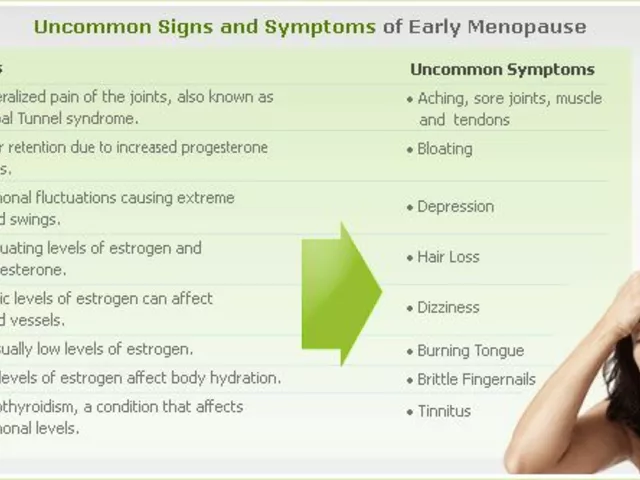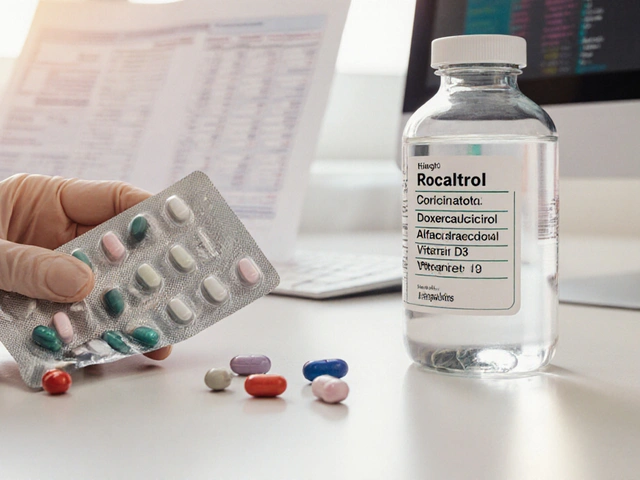Nerve Pain Relief: What Works and How to Feel Better Fast
If you’ve ever felt a burning or tingling sensation in your hands, feet, or legs, you know how nerve pain can ruin a day. It isn’t just ‘regular’ ache – it comes from damaged nerves sending mixed signals to the brain. The good news? There are clear steps you can take right now to calm those signals.
First‑Line Medications You’ll Hear About
Doctors usually start with prescription meds that target nerve signals. Gabapentin (Neurontin) and Pregabalin (Lyrica) are the most common. They work by stabilizing electrical activity in over‑active nerves, which often reduces burning or shooting pains within a week or two.
If you can’t tolerate those, Duloxetine (Cymbalta) – an antidepressant that also helps nerve pain – is another option. It blocks the reuptake of serotonin and norepinephrine, calming both mood and pain pathways. Some people find relief with low‑dose Tricyclic Antidepressants like amitriptyline, especially for nighttime discomfort.
Remember: start low, go slow. Side effects such as drowsiness or dry mouth usually fade after a few days, but if they linger, talk to your doctor about adjusting the dose.
OTC Choices and Supplements That Can Help
Over‑the‑counter options won’t replace prescription drugs, but they can boost relief. Topical lidocaine patches numb a small area and are handy for focal nerve pain (like after shingles). Capsaicin cream, made from hot peppers, works by depleting the neurotransmitter that carries pain signals.
When it comes to supplements, research points to a few that many patients swear by. Alpha‑lipoic acid (600 mg daily) has antioxidant properties that protect nerves and may ease diabetic neuropathy. B‑complex vitamins, especially B12 and B6, support nerve health; a deficiency can actually cause pain.
Other natural options include Acetyl‑L‑carnitine and Omega‑3 fatty acids. They’re not miracle cures, but they can improve overall nerve function when combined with proper medication.
Before adding any supplement, check the label for dosage guidance and discuss it with your pharmacist. Some combos – like high‑dose B6 with certain meds – might cause issues.
Beyond pills and creams, simple lifestyle tweaks make a big difference. Keep blood sugar under control if you have diabetes; high glucose levels speed up nerve damage. Gentle exercise (walking, swimming) improves circulation and can dull pain signals. Also, avoid tight shoes or clothing that compress nerves.
If your nerve pain is severe, comes with weakness, or spreads quickly, seek medical care right away – it could signal an underlying condition like a spinal issue or infection.
In short, tackling nerve pain means mixing the right prescription, smart OTC choices, supportive supplements and everyday habits. Start by talking to your doctor about gabapentin or duloxetine, try a lidocaine patch for spot relief, add a daily dose of alpha‑lipoic acid, and move your body gently each day. With that combo, many people see noticeable improvement within weeks.




